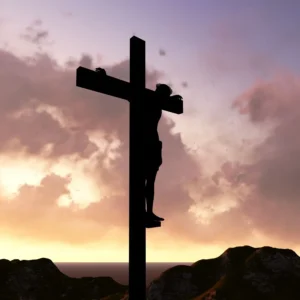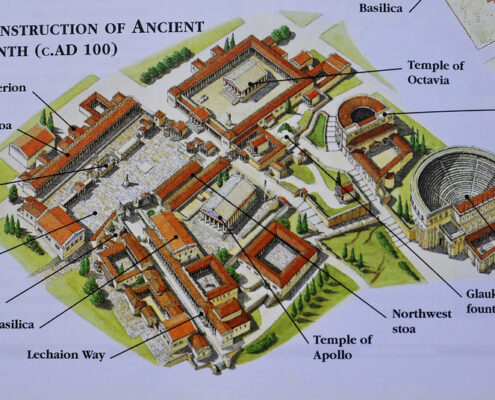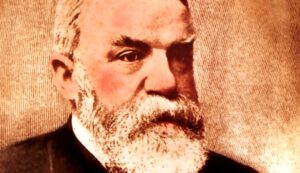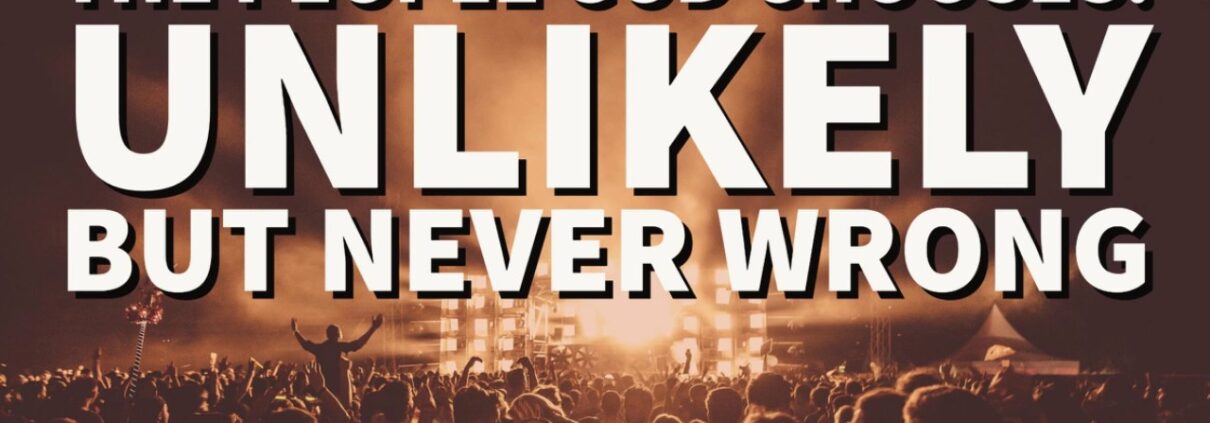What We Learn From the Cross About Ourselves
What We Learn From The Cross About Ourselves
 In the last post we began the process of discovering what we learn from the cross about ourselves so that we keep the cross in the center of our preaching. We saw that the Apostle Paul made a point of describing what we were like before we met Jesus in the cross. Here’s how he puts it in 1 Corinthians 1:26-3:5.
In the last post we began the process of discovering what we learn from the cross about ourselves so that we keep the cross in the center of our preaching. We saw that the Apostle Paul made a point of describing what we were like before we met Jesus in the cross. Here’s how he puts it in 1 Corinthians 1:26-3:5.
26 Brothers and sisters, think of what you were when you were called. Not many of you were wise by human standards; not many were influential; not many were of noble birth. 27 But God chose the foolish things of the world to shame the wise; God chose the weak things of the world to shame the strong. 28 God chose the lowly things of this world and the despised things—and the things that are not—to nullify the things that are, 29 so that no one may boast before him. 30 It is because of him that you are in Christ Jesus, who has become for us wisdom from God—that is, our righteousness,holiness and redemption. 31 Therefore, as it is written: “Let the one who boasts boast in the Lord.”[a]
Paul calls their attention back to what life was like for them prior to their conversion.
We Learn From The Cross That We Are Foolish
It is very interesting to note that “God chose the foolish things of this world to shame the wise.” Take note of the word “foolish” here. In the original language this is the word from which we get our English word “moron”. In  other words, God chose the morons.
other words, God chose the morons.
Remember what it was like in the city of Corinth at that time. The town was wealthy, and one of the most influential cities in Greece at that time.
It was also a Greek town, known for its extravagant sexual expressions of the gods that were worshiped there. The temple on the hill overlooking the city had ritual prostitutes available for people to “worship” those gods.
Paul came to Corinth right after being in Athens, the center of Greek culture and life. In Athens, you remember, he met the philosophers on Mars Hill.
But the people who responded weren’t the well-educated or the wealthy. We learn from the cross that we are foolish, the people with not much influence or power.
How God Works
 When I look through church history in the United States, I find that God often worked this way in the past. Dwight Moody is one of my heroes. He was an evangelist in the period after our civil war, and introduced many people to faith in Christ. Moody had a 6th grade education. After his conversion, he applied to membership in a church, and was declined because he didn’t know enough. Yet God used him.
When I look through church history in the United States, I find that God often worked this way in the past. Dwight Moody is one of my heroes. He was an evangelist in the period after our civil war, and introduced many people to faith in Christ. Moody had a 6th grade education. After his conversion, he applied to membership in a church, and was declined because he didn’t know enough. Yet God used him.
When Moody went to England to conduct crusades there, reporters openly mocked him. One reporter quoted what he said to a group of university students: “Young men, don’t ever think that God don’t love you, for he do.”
You see, when we trust in our education, or our financial resources, or our great speaking ability, God can’t work. What we learn from the cross about ourselves is that in God’s eyes we’re not great. Yet He can make us great.
The Bottom Line
The bottom line is this: Moody had been to the cross, and knew that he was nothing before God. Therefore, God could use him powerfully. As long as you depend on your resources or education, there will be blockages in the power of God to work in you and through you.
We’ll continue this in the next post, where Paul says that God also chose the “weak”.



